Our Inherited Philosophy
ITOCHU has maintained its merchant spirit and the “sampo yoshi” management philosophy for 159 years; this core belief has sustained our activities to date. Going into the future, as well, we will strive to sustainably increase our corporate value as we fulfill “infinite missions” for all manner of stakeholders.
1858
Origin

ITOCHU was founded in 1858 by Chubei Itoh, a merchant involved in the linen trade.
The base of Chubei Itoh’s business was the spirit of sampo yoshi (good for the seller, good for the buyer, and good for society), which was a management philosophy of merchants in Ohmi, the province where he was born. That spirit is evident in Chubei Itoh’s personal motto, “Trade is a compassionate business. It is noble when it accords with the spirit of Buddha by profiting those who sell and those who buy and supplying the needs of the society.” This spirit has been carried down through the Company’s DNA to this day as “ITOCHU-style” sustainability.
The new head office, built in 1915 (Osaka)The building was unusual at the time, being a large-scale building fitted with elevators and other modern equipment.
Present

The Corporate Message—I am One with Infinite Missions—comes to mind when pondering the corporate philosophy of “Committed to the Global Good.”
The Corporate Message incorporates our promise to society, that we will continue to provide the abundance that results from business activities, and it also incorporates diverse aspects “typical to ITOCHU,” such as the rich personalities of our employees, our free-spirited corporate culture, and “individual capabilities.” In this way, the Corporate Message expresses the values that must be shared by all employees as we take on further challenges.
Keeping ITOCHU’s spirit in our hearts and minds, we will aim for business activities to benefit the seller, the buyer, and society. In this way, we will fulfill our responsibility to society—our “infinite missions.”
Passing on the Management Baton
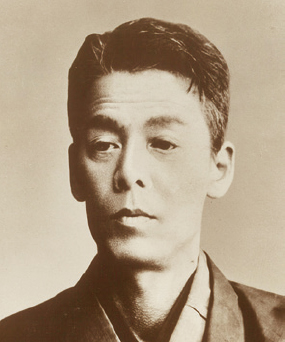
Chubei Itoh I
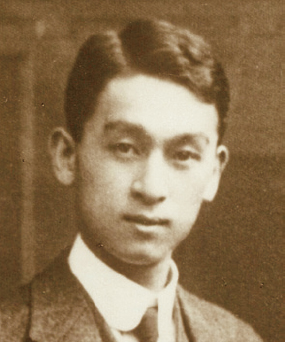
Chubei Itoh II
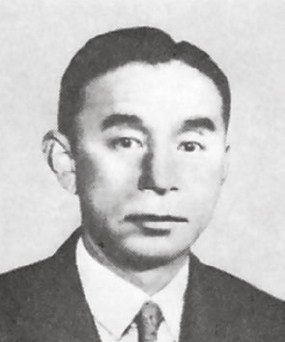
Takenosuke Itoh
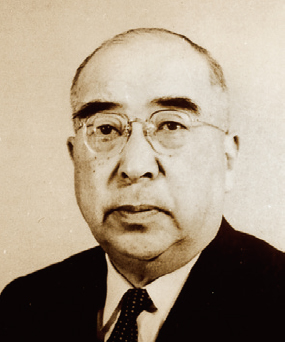
Uichiro Kosuga
1949-1960
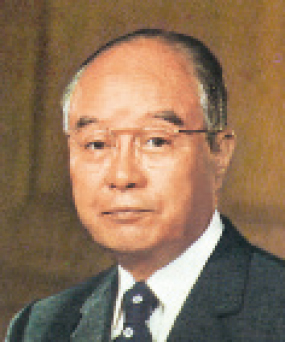
Masakazu Echigo
1960-1974
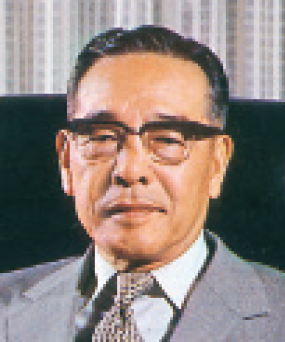
Seiki Tozaki
1974-1983
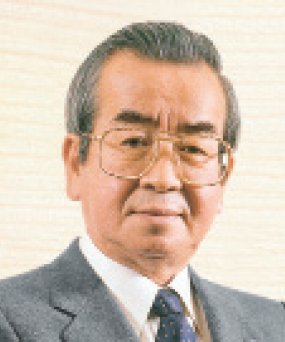
Isao Yonekura
1983-1990
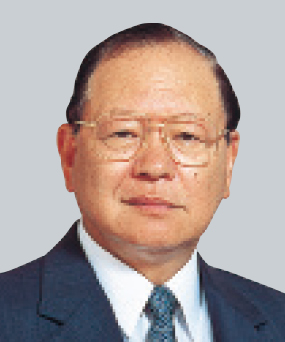
Minoru Murofushi
1990-1998
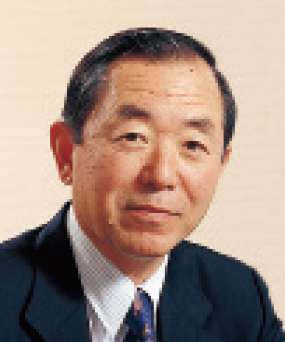
Uichiro Niwa
1998-2004
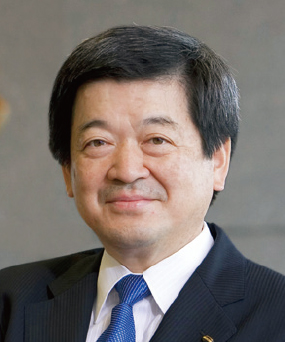
Eizo Kobayashi
2004-2010
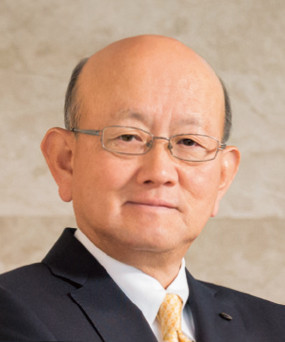
Masahiro Okafuji
2010-
Chubei Itoh I
Chubei Itoh II
Takenosuke Itoh
Uichiro Kosuga
1949-1960
Masakazu Echigo
1960-1974
Seiki Tozaki
1974-1983
Isao Yonekura
1983-1990
Minoru Murofushi
1990-1998
Uichiro Niwa
1998-2004
Eizo Kobayashi
2004-2010
Masahiro Okafuji
2010-
Period of appointment as President (after the establishment of ITOCHU Corporation in 1949)
The Competitive Edge and Management Foundation Supporting Sustainable Increases in Corporate Value
OUR INHERITED COMPETITIVE EDGE
Earning Power in the Non-Resource Sector
Leading general trading company in the non-resource sector in consolidated net profit (FYE 2017)
¥313.7 billion(91% of consolidated net profit attributable to ITOCHU of ¥352.2 billion)

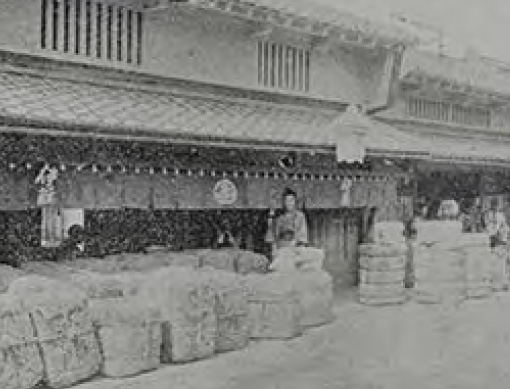
ITOCHU’S ORIGINS
1893
Establishment of Itoh Itomise (Thread and Yarn Store)
From its start, ITOCHU has expanded its trade to meet a host of needs, remaining near to consumers through its core in areas such as apparel, food, and housing.
OUR INHERITED COMPETITIVE EDGE
“Individual Capabilities”
High labor productivity, Front-line capabilities, Working-style reform(→Management Resources Supporting Sustainable Value Creation)![]()
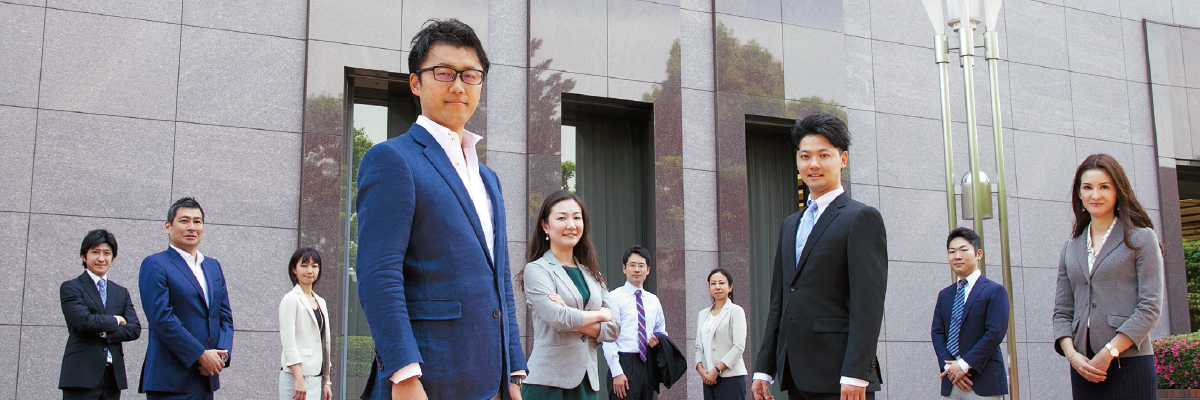
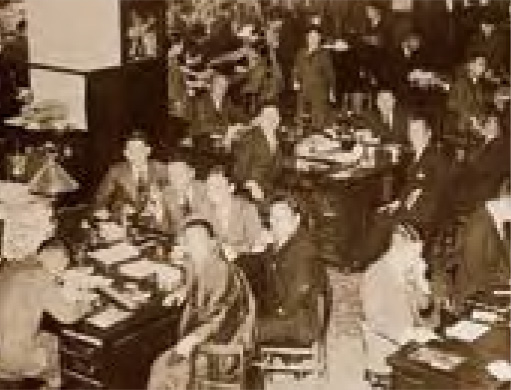
ITOCHU’S ORIGINS
1932
Sales department
Not being closely involved in national industries such as steel and energy that drove Japan’s post-war economic development and not affiliated with any of Japan’s zaibatsu industrial groups, ITOCHU developed a corporate culture based on the creative business powers of its individual employees.
OUR INHERITED COMPETITIVE EDGE
Experience and Track Record in China and Other Parts of Asia
Collaboration with the CITIC Group and the CP Group, the leading conglomerates in Asia
Obtaining business opportunities over the medium to long term

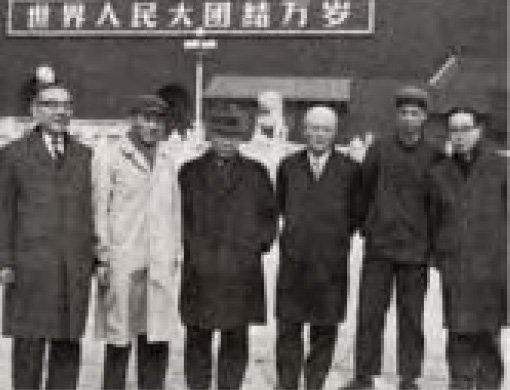
ITOCHU’S ORIGINS
1972
Then-President Echigo heads mission to China
In March 1972, half a year before diplomatic relations between Japan and China normalized, ITOCHU became the first major general trading company permitted to restart trade between the two countries. In this way, the Company contributed to friendly relations and trade between Japan and China.
A GOVERNANCE SYSTEM THAT CONTINUES TO ADVANCE
Separating Management Execution and Supervision
(→Corporate Governance)
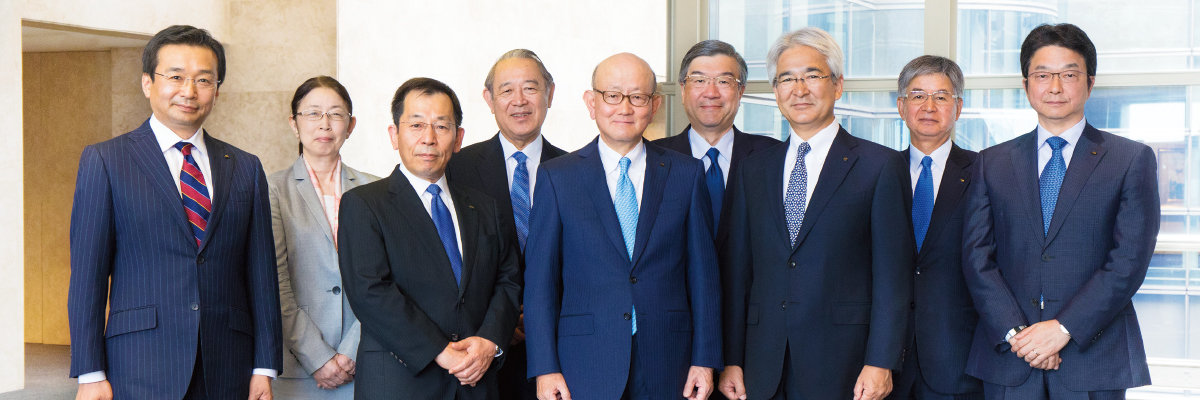

ITOCHU is transitioning to a monitoring-oriented Board of Directors based on separation between management execution and supervision. Our reforms include increasing the number of outside directors and substantially reducing the overall number of directors. By stepping up the separation of execution and supervision, we are creating a management structure that achieves a good balance between maintaining an aggressive posture and reinforcing defense.
